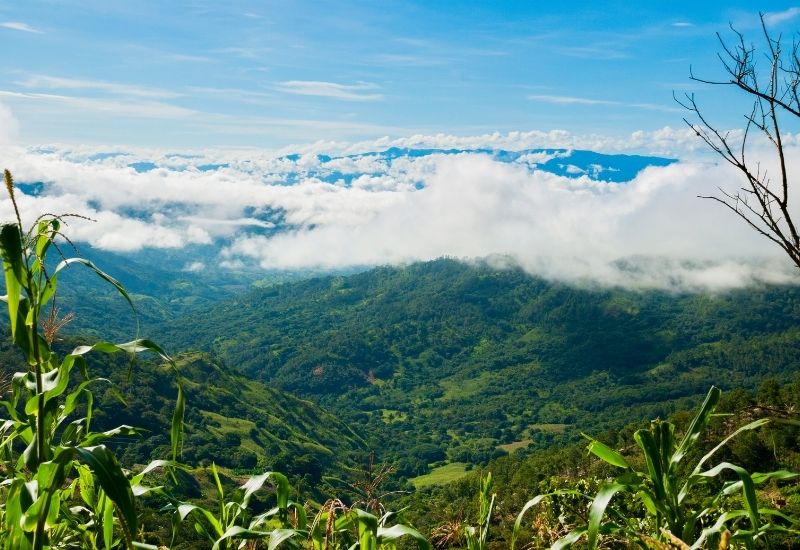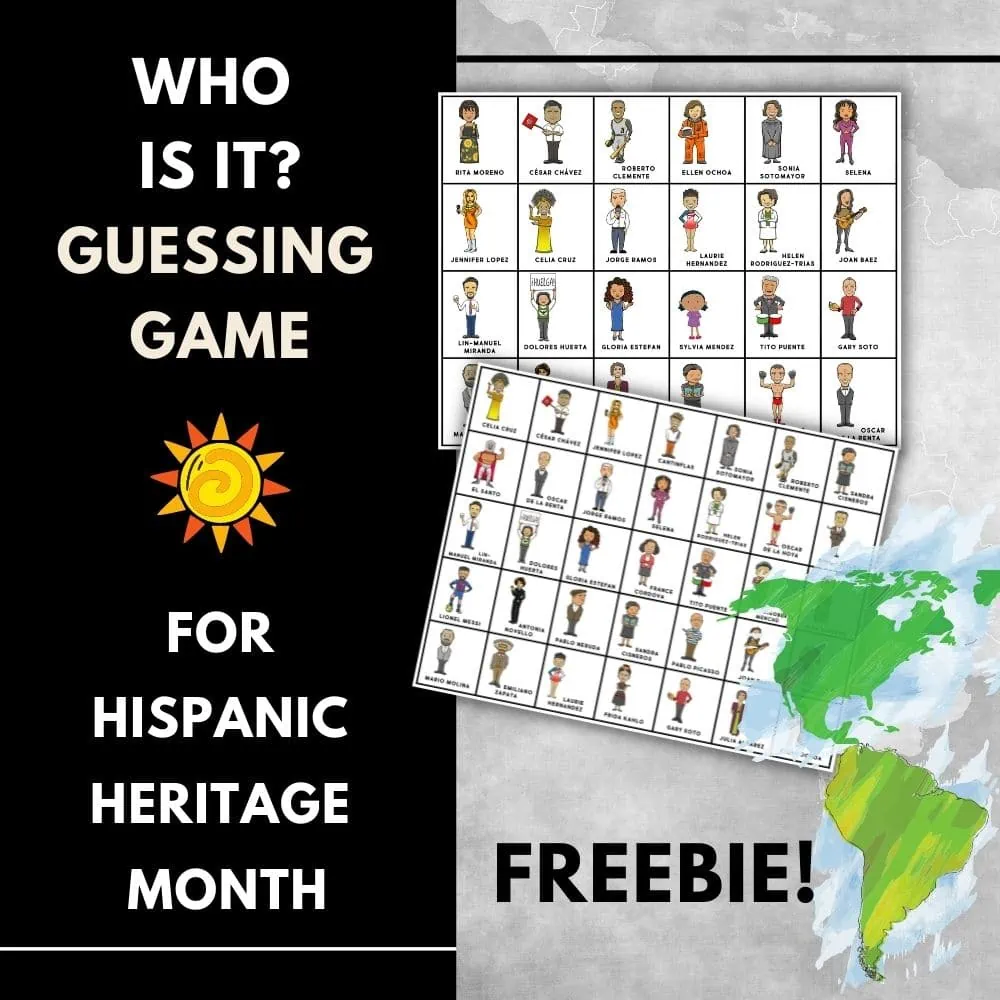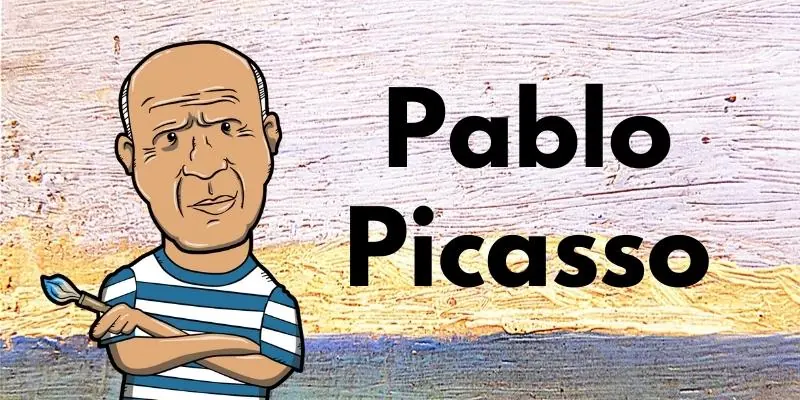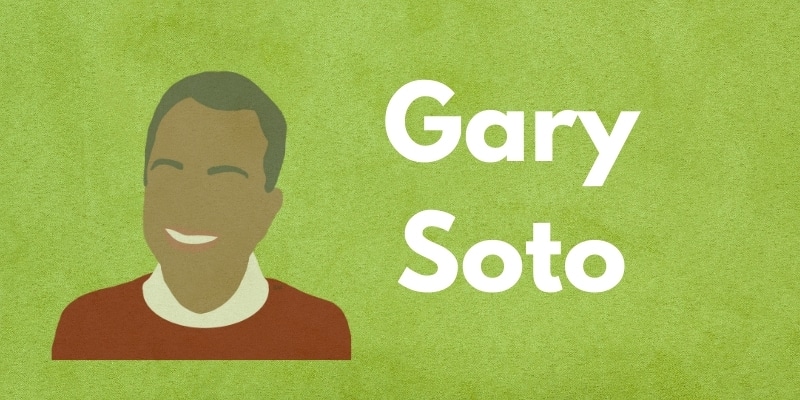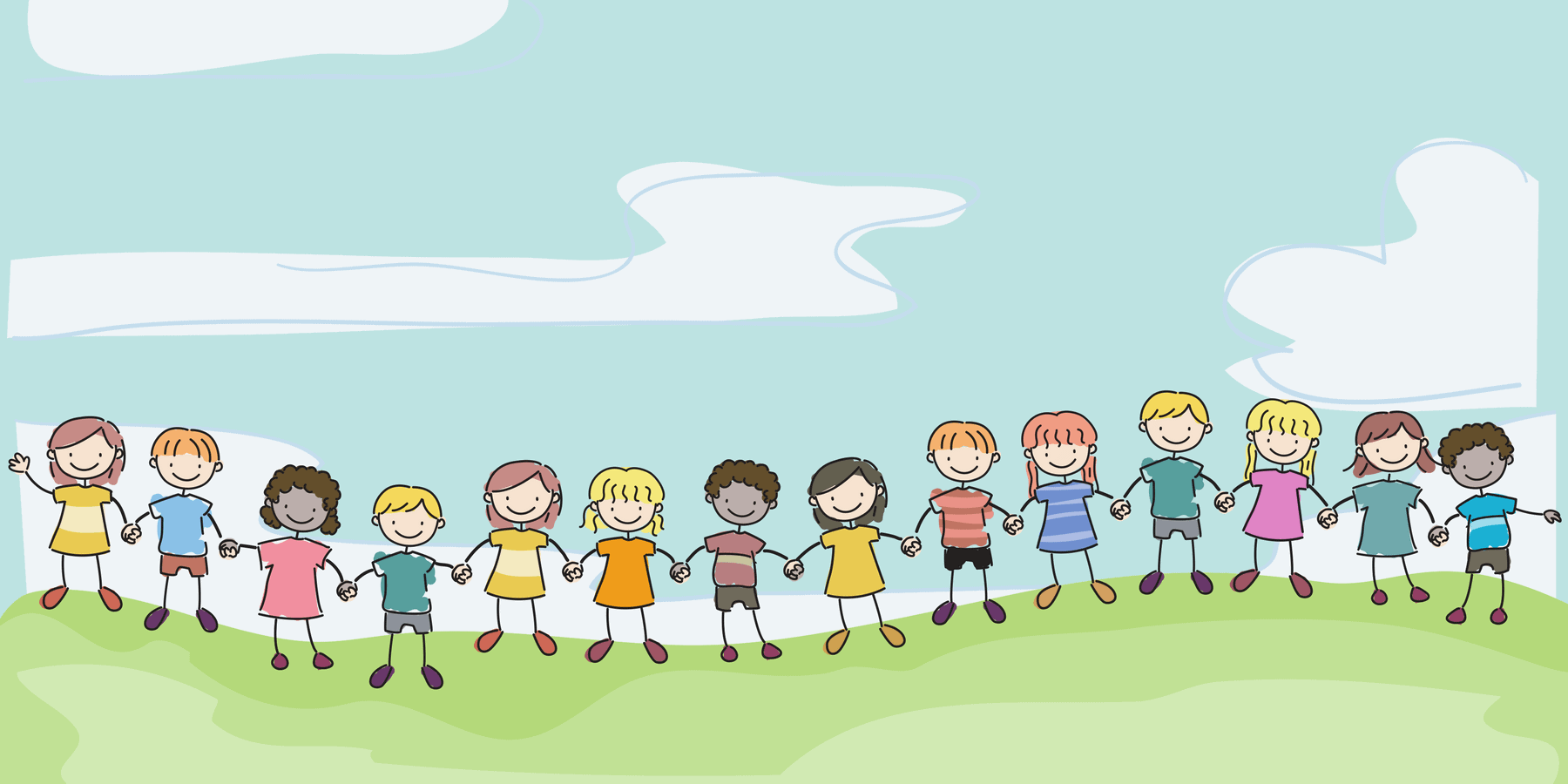All About Rigoberta Menchú Tum: Biography, Quotes, and Resources
Inside: Learn about the life and accomplishments of Rigoberta Menchú Tum, with resources for kids and teachers.
Rigoberta Menchú Tum is a Guatemalan activist and was the first person of indigenous descent to receive the Nobel Peace Prize, in 1992.
She is recognized for her advocacy work on behalf of the Mayan communities in Guatemala. Menchú became internationally famous after narrating her book, Me llamo Rigoberta Menchú y así me nació la conciencia (My Name is Rigoberta Menchú, and this is how my Awareness was Born).
“I am like a drop of water on a rock. After drip, drip, dripping in the same place, I begin to leave a mark, and I leave my mark in many people’s hearts.”
– Rigoberta Menchú Tum
Here’s an index of what’s included in the post. You can click on any link to jump straight to that section:
- Rigoberta Menchú Tum Biography
- Links and Printables to Learn More
- Books About Rigoberta Menchú Tum
- YouTube Videos
- Rigoberta Menchú Tum Quotes
Related: Famous Latinos & Hispanic Americans Home Page
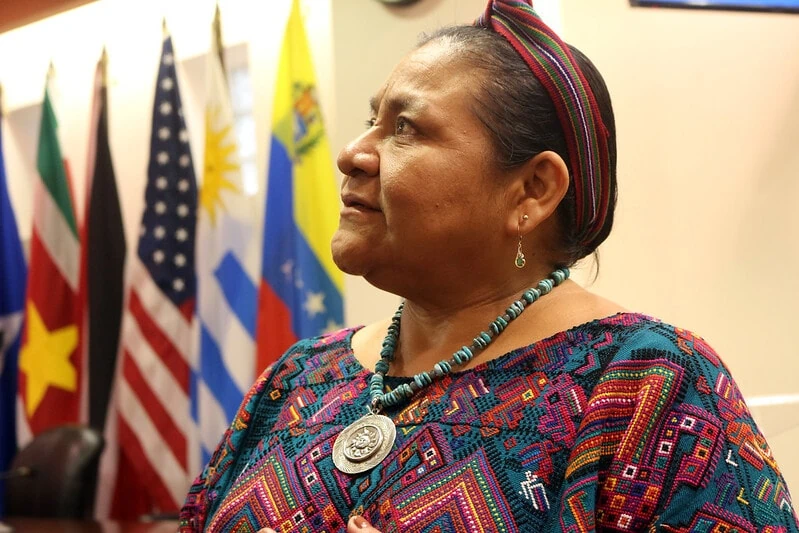
Rigoberta Menchú Tum Biography
My name is Rigoberta Menchú. I am twenty three years old. This is my testimony. I didn’t learn it from a book and I didn’t learn it alone. I’d like to stress that it’s not only my life, it’s also the testimony of my people.… The important thing is that what has happened to me has happened to many other people too: My story is the story of all poor Guatemalans. My personal experience is the reality of a whole people.
– I, Rigoberta Menchú, p. 1
Childhood and Family
Rigobert Menchú Tum was born January 9, 1959. Her family was part of the Quiché branch of a Mayan Community in Laj Chimel, in the highlands of Guatemala.
She was the sixth of nine children. The family spoke Quiché, and Menchú herself did not learn Spanish until the age of 19.
Her mother was a midwife and her father a day laborer. He also traveled to different indigenous communities, helping people to organize and recognize their rights. Menchú often accompanied him on these trips, from a young age.
Menchú’s family traveled as seasonal workers to southern Guatemala every year, to work on the fincas picking cotton and coffee. The rest of the time they farmed their land in the highlands, and usually children were included in the work. It was a very difficult life.
Although Menchú asserts in her biography that she received no schooling (perhaps painting a portrait of the reality for most of her peers), she received a scholarship to a boarding school in the city of Chichicastenango, and studied under Belgian nuns there for a time. It is believed she received the equivalent of a middle-school education.
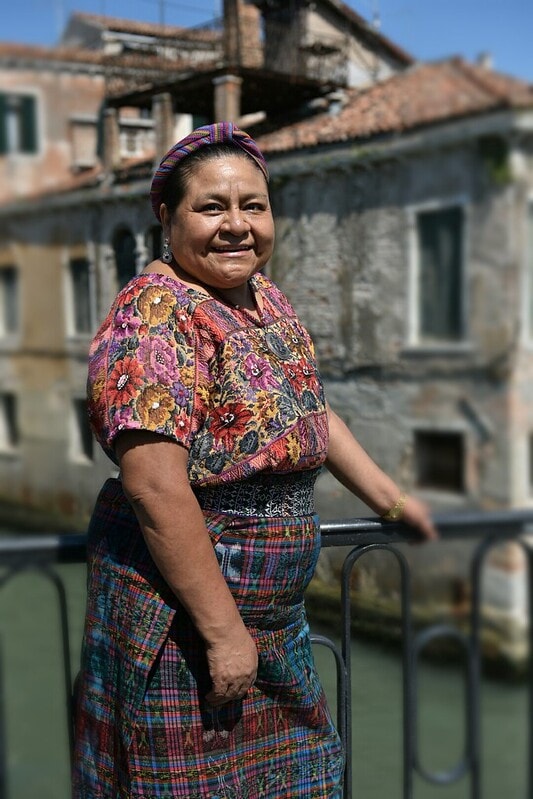
At the age of 13, Menchú went to live in Guatemala City and work as a maid for a wealthy family. She faced discrimination and slept on a mat at night, next to the family dog.
She returned home after hearing that her father was imprisoned by the Guatemalan government. Tragedy would follow her family for the next several years.
Guatemalan Civil War
The backdrop of the civil war is important to understanding Rigoberta Menchu’s biography and what happened next in her life.
During her entire childhood, Guatemala was embroiled in a civil war that had begun in 1960 (it lasted 36 years, until 1996).
The conflict was between the Guatemalan Government and different leftist rebel groups (guerrillas). The cause was complicated, but inequality was a leading factor.
“Leading up to and during the civil war, the masses of Guatemalan society were consistently dominated by a class of Elites who owned the vast majority of the land. Much of this land was also owned by multinational corporations, such as the U.S. owned United Fruit Company in the 1940s and 50s, which had little concern for the well-being of local populations.”
Inquiries Journal
According to the PBS News Hour, more than 200,000 people died during the war, 83% of which were Mayan. In fact, “the vast majority, 93 percent, of human rights violations perpetrated during the conflict were carried out by state forces and military groups.”
Rigoberta Menchu’s Political Activism
Menchu’s own activism arose out of several circumstances, beginning with her father’s work with the Peasant Unity Committee. She holds to the Mayan spiritual beliefs passed down from her mother, and Liberation Theology from the Catholic Church.
She was also influenced by the injustice she witnessed in her community, and the terrible tragedies that struck within her own family. Despite being a woman, Menchú joined the Peasant Unity Committee in 1979 and was tasked with organizing the country’s 22 Indian groups.
That same year, her brother Patrocinio and was captured and killed by the Guatemalan army. In 1980, her father also died during the burning of the Spanish Embassy, in a conflict between guerrillas and the government. Shortly thereafter, her mother was tortured and killed as well. Menchú’s two sisters joined the guerillas at this time.
By 1981, Menchú herself was exiled and fled to Mexico. She continued to organize, joining the United Nations Working Group on Indigenous Populations and co-founding the United Republic of Guatemalan Opposition.
During a trip to Paris in 1982, she narrated her famous biography in Spanish, Me llamo Rigoberta Menchú y así me nació la conciencia (My Name is Rigoberta Menchú, and this is how my Awareness was Born).
Anthropologist Elisabeth Burgos recorded the book, whic was read widely, translated into 12 langauges, and propelled Menchú– along with the conflict in Guatemala– into the international spotlight.
Sadly, in 1984, her other brother Victor was murdered by the Guatemalan army. Menchú herself continued to work, protest, and organize. She attempted to return to Guatemala and was jailed for a time.
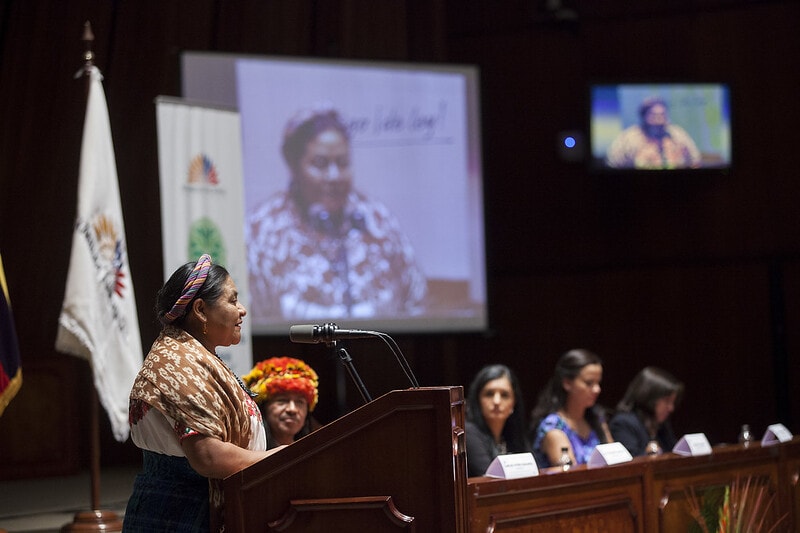
Nobel Peace Prize
At just 33 years old in 1992, Rigoberta Menchú Tum was awarded the Nobel Peace Prize.
In her award ceremony speech, Francis Sejersted said,
“The goal of Rigoberta Menchú Tum’s work, as she has said on many occasions; is reconciliation and peace. She knows, better than most, that the foundations for future reconciliation are laid in the manner in which one conducts one’s struggle. Even in the most brutal situations, one must retain one’s faith that there is a minimum of human feelings in all of us. Rigoberta Menchú Tum preserved that faith. It is with the deepest respect and in admiration of her efforts that the Norwegian Nobel Committee today awards her the Nobel Peace Prize.“
Menchú used her $1.2 million award to establish the Rigoberta Menchú Tum Foundation (FRMT), which provides advocacy and support to Mayan communities in Guatemala.
Later Life
Menchú married Ángel Canil in 1995. In 1998, they had a son Tz’unun who was born prematurely and died. They adopted another son, Mash Nahual J’a.
In 1996, she was named UNESCO Goodwill Ambassador for a Culture of Peace. During that same year, she was present when the Guatemalan government and rebel fighters signed a cease-fire agreement to end the civil war. She served on the United Nations International Indian Treaty Council.
Menchú filed a complaint in Spain in 1999 over war crimes committed during the conflict and seven leaders were eventually extradited to Spain.
She also founded a new political party, WINAQ, and ran for president twice. Menchú continues to work on behalf of indigenous communities to this day, and travels as a speaker through PeaceJam.
Controversy
Some events in Menchú’s autobiography have been challenged, mainly by an anthropologist named David Stoll. (You might not that our biography does not include the reported death of her 2-two-year brother from malnutrition, or her assertion that she received no schooling. These details, among others, have been disproven.)
Menchú defended herself by noting that her biography was always meant to be a representation of her people’s experience. As noted above, she described it as a sort of group memoir that testified to what her community experienced during her own childhood.
She also suggested that problems in the book may have been the fault of the anthropologist to whom she dictated the book. Elisabeth Burgos, the anthropologist, has disputed this.
The New York Times also conducted an investigation and concluded that key facts had been altered in her book.
The director of the Norwegian Nobel Institute, Geir Lundestad, stated that there was no intention of revoking Menchú’s prize. He is quoted in the New York Times as saying,
”All autobiographies embellish to a greater or lesser extent,” he continued. He added that the decision to award the prize to Ms. Menchu ”was not based exclusively or primarily on the autobiography” and that while ”the details of the family history are not without relevance, they are not particularly important, and so this will lead to no reconsideration on our part.”
Printables and links to learn more
Free Resources:
- Younger students can color this free printable Rigoberta Menchu coloring page I made.
- Use this free biographical presentation from Kid World Citizen. (Elementary)
- Free printable in Spanish and English for recording information on Rigoberta Menchú and other famous Latinas. (Elementary)
- Here’s a free Rigoberta Menchú Biography in English, with questions at the end (high school).
Rigoberta Menchú Tum Books
Rigoberta Menchú Tum Biography Videos
This biography is in Spanish (25min):
This AOC bio dives a little more into her background and rise to politics (2min 20s):
This is another shorter biography in Spanish that covers the basics of her life (3min 44s):
19 Inspirational Rigoberta Menchú Quotes
1. “This world’s not going to change unless we’re willing to change ourselves.”
– Rigoberta Menchú Tum
2. “Peace cannot exist without justice, justice cannot exist without fairness, fairness cannot exist without development, development cannot exist without democracy, democracy cannot exist without respect for the identity and worth of cultures and peoples.”
– Rigoberta Menchú Tum
3. “We say no to the peace that keeps us on our knees, no to the peace that keeps us in chains, no to the false peace that denies the values and contributions of our peoples..”
– Rigoberta Menchú Tum
4. “If they want to make an example out of me, I will gladly be one. Hopefully we can be an example of dedication, courage, and persistence under fire. I also hope to be an example of not tolerating nonsense, too.”
– Rigoberta Menchú Tum
5. “We are not myths of the past, ruins in the jungle, or zoos. We are people and we want to be respected, not to be victims of intolerance and racism.”
– Rigoberta Menchú Tum
6. “I resolutely believe that respect for diversity is a fundamental pillar in the eradication of racism, xenophobia and intolerance. There is no excuse for evading the responsibility of finding the most suitable path toward the elimination of any expression of discrimination against indigenous peoples.”
– Rigoberta Menchú Tum
7. “It’s important to not get caught up to think it’s all going to be better someday, tomorrow; it’s important to say it’s going to be better today. If I can help an elderly person today, that will help me live more fully. Consequently, you then realize that to help someone is not a dream out there but is something that is very do-able.”
– Rigoberta Menchú Tum
8. “I think that nonviolence is one way of saying that there are other ways to solve problems, not only through weapons and war. Nonviolence also means the recognition that the person on one side of the trench and the person on the other side of the trench are both human beings, with the same faculties. At some point they have to begin to understand one another.”
– Rigoberta Menchú Tum
9. “What I treasure most in life is being able to dream. During my most difficult moments and complex situations I have been able to dream of a more beautiful future.”
– Rigoberta Menchú Tum
10. “We have learned that change cannot come through war. War is not a feasible tool to use in fighting against the oppression we face. War has caused more problems. We cannot embrace that path.”
– Rigoberta Menchú Tum
11. “In the case of my country, Guatemala, 65% of the inhabitants are indigenous. The constitution speaks of protection for the indigenous. Who authorized a minority to protect an immense majority? It is not only political, cultural and economic marginalization, it is an attempt against the dignity of the majority of the population.”
– Rigoberta Menchú Tum
12. “The media and politics have never allowed our people to speak through them. The absolute marginalization of the indigenous peoples is a fact, as is sophisticated militarization. These have been the most significant ingredients in the silent war.e.”
– Rigoberta Menchú Tum
13. “Let there be freedom for the Indians, wherever they may be in the American Continent or elsewhere in the world, because while they are alive, a glow of hope will be alive as well as a true concept of life.”
– Rigoberta Menchú Tum
14. “The indigenous peoples never had, and still do not have, the place that they should have occupied in the progress and benefits of science and technology, although they represented an important basis for this development.”
– Rigoberta Menchú Tum
15. “… only those of us who carry our cause in our hearts are willing to run the risks.”
– Rigoberta Menchú Tum, “I, Rigoberta Menchu: An Indian Woman in Guatemala”
16. “It is said that our indigenous ancestors, Mayas and Aztecs, made human sacrifices to their gods. It occurs to me to ask: How many humans have been sacrificed to the gods of Capital in the last five hundred years?”
– Rigoberta Menchú Tum
17. “It is not possible to conceive a democratic Guatemala, free and independent, without the indigenous identity shaping its character into all aspects of national existence.”
– Rigoberta Menchú Tum
18. “The Mayas, our grandparents, always said; every human being occupies a small piece of time. Time itself is much longer, and because of this they always said that we must care for this earth while we are on it because it will be part of our children and the children of our grandchildren. They know that life is short, that it can end so soon, and that if one gets lost on the way, others will come to take their place.”
– Rigoberta Menchú Tum
19. “They said that the arrival of the Spaniards was a conquest, a victory, while we knew that in practice it was just the opposite. They said the Indians didn’t know how to fight and that many of them died because they killed the horses and not the people. So they said. This made me furious, but I reserved my anger to educate other people in other areas. This taught me that even though a person may learn to read and write, he should not accept the false education they give our people. Our people must not think as the authorities think. They must not let others think for them.”
– I, Rigoberta Menchú Tu
I hope these quotes and resources were helpful to you! If you have more ideas for resources or lessons, let me know in the comments below!
Image Sources:
Image 2: “Premio Nobel de la Paz (1992), Rigoberta” (CC BY-SA 2.0) by CorteIDH
Image 3: “Rigoberta Menchù a Ca’ Foscari” (CC BY-NC 2.0) by cafoscari
Image 4: “CHARLA MAGISTRAL DE RIGOBERTA MENCHU” (CC BY-SA 2.0) by Cancillería Ecuador

